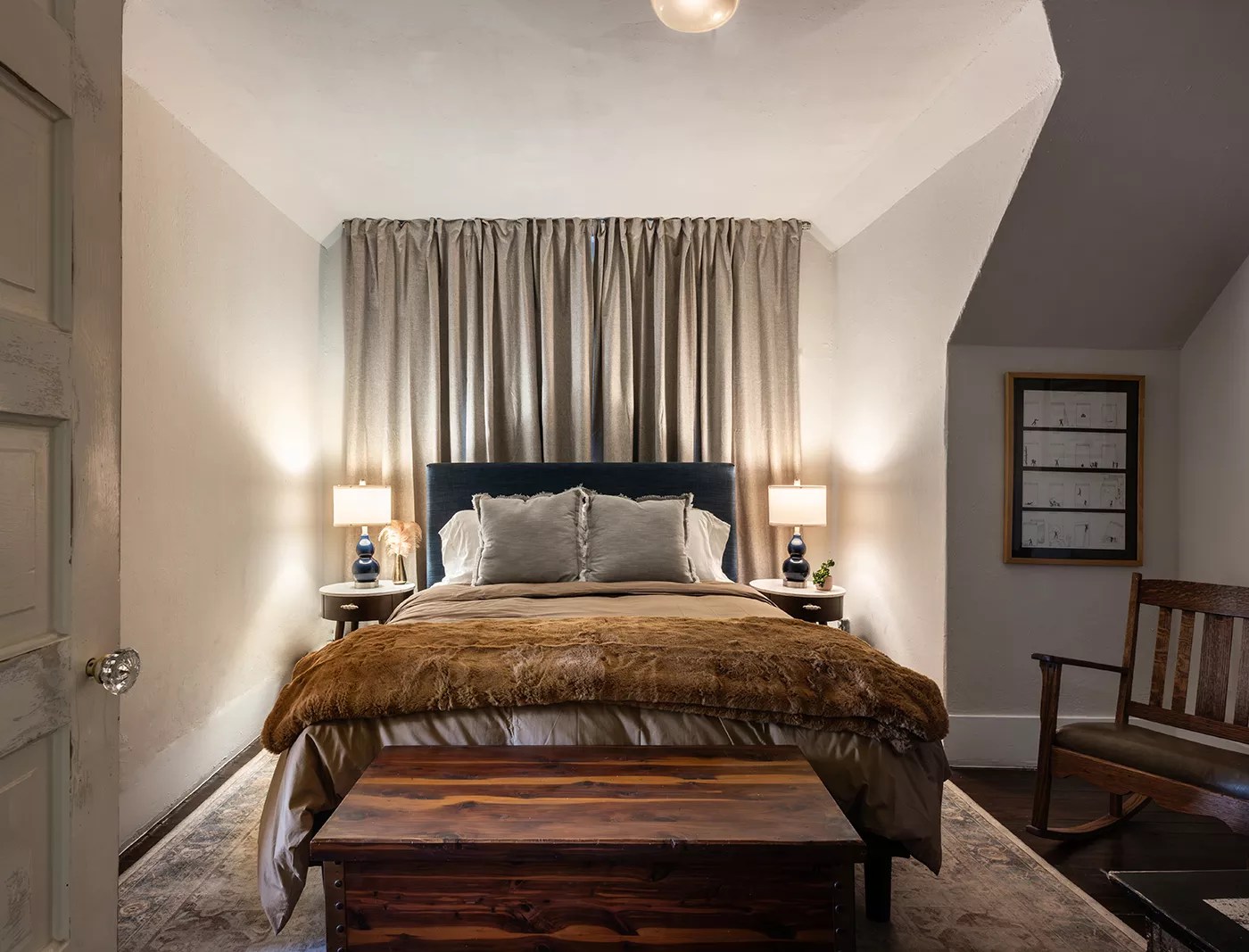
Manny Rodriguez Photography

Audio By Carbonatix
The 2026 FIFA World Cup is expected to generate up to $2.1 billion for the North Texas economy, and short-term rental (STR) operators in Dallas are looking for a piece of the pie. The city of Dallas, however, is looking to finally implement two ordinances that would ban the majority of Airbnb and VRBO listings within city limits.
For two years, Dallas’ attempt to take down STRs has been tied up in litigation. Although the city has been dealt a series of blows (three, to be exact) in the courts this year, it appears undeterred. In a petition filed last week and first reported by KERA, the city requests that the Texas Supreme Court lift the standing injunction on the STR ban ahead of the World Cup in June to ensure orderly operations.
“[T]ime is of the essence,” the appeal states. “STRs will be in high demand. And with the ordinances erroneously enjoined, it will be more difficult for the city to proactively ensure the health, safety and quality of life for residents and visitors alike.”
Lisa Sievers, a member of the Dallas Short-Term Rental Alliance, which is a plaintiff in the suit, said the organization is “preparing for this new challenge.” At the same time, she told the Observer, operators are moving full steam ahead with World Cup preparations. Millions of visitors are expected to come to North Texas for the games. While AT&T Stadium will host Dallas’ nine matches, the most of any host city, the International Broadcast Center and Fan Fest will be held at the Dallas Convention Center and Fair Park.
Sievers said that alliance members have already begun to notice a “trickle” of bookings for next summer. They expect reservations to ramp up in December, when a match draw will reveal which teams will be based in which cities during the tournament’s group stage. A second wave of bookings is expected in March, according to the organization, when teams will select the North Texas city from which they will headquarter out of.
“It is a huge opportunity,” Sievers said. “And we expect that there will be a lot of people who will want to either rent their home as a short-term rental or rent out a room as a short-term rental. And so what we are doing is Nov. 14th and Nov. 15th, we are having a full-day intensive class on how to do just that.”
It isn’t hard to imagine that Dallas property owners might rush to join the platform ahead of next summer, even as city officials attempt to squash the short-term stays. A Deloitte forecast on the economic impact Airbnb rentals will have on World Cup host cities estimates that 42,000 customers will stay at North Texas Airbnb’s over the month that games are held, and that $35 million could be spent on the platform’s accommodations between June and July 2026.
“Local Airbnb hosts are also anticipated to benefit significantly during the World Cup,” the report states. “[We anticipate] average earnings per [North Texas] host of approximately $4,400 over the event duration. … These earnings could be particularly impactful for women, who represent 59% of Airbnb hosts in the USA, and for seniors, who represent 20% of hosts.”
The Dallas Short-Term Rental Alliance’s classes on how to get in on the World Cup action cost $50 to register, and Sievers said the instruction will focus on “what it’s like to host during an international event” and “how to be a good neighbor and how to develop good house rules.” More classes are planned for March, she added.
The alliance also plans to go over local ordinances that affect short-term rentals. The elephant in the room, though, is the potential for a last-minute hammer to stamp out the plans of operators and tourists alike. Sievers said the Alliance is “remaining hopeful” that they’ll be allowed to operate through next summer, as it isn’t clear if the state supreme court will decide to look at the state’s appeal.
It could be months before even that decision is made, and in the meantime, the Alliance is continuing to urge the city to collaborate with them on a “reasonable ordinance” that “represents the interests of our membership as well as the neighborhoods in which we live.”
“We are doing our part to educate new hosts on how to set up a responsible short-term rental,” Sievers said. “We make sure everybody is signing up to pay [hotel occupancy] tax, which is what they’re supposed to be doing. We mention it at every meeting we have and in every newsletter we send out. Our goal is to educate our membership as to how to run a short-term rental properly. We can’t guarantee that everybody’s going to take the class. I wish everyone would, but we’re going to do our best.”